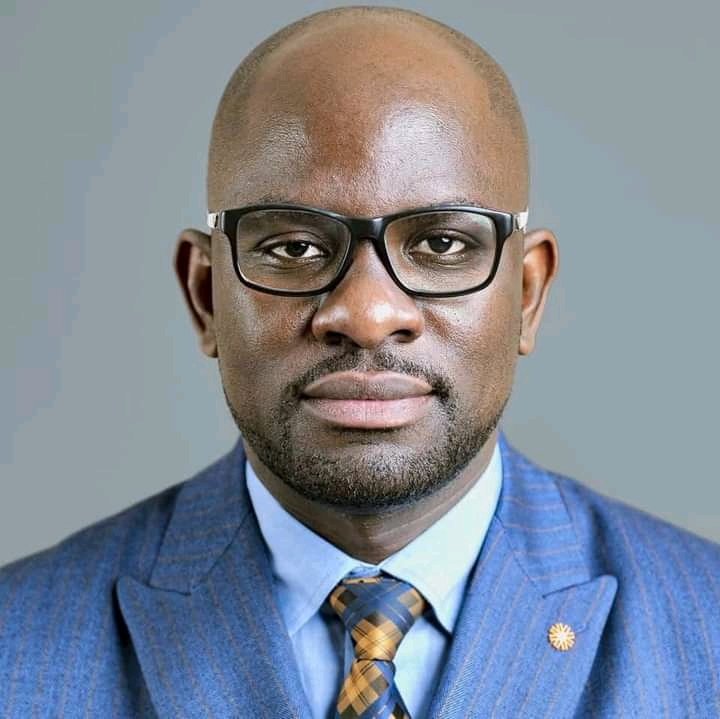Stop Crying and Pick Up the Pieces: Zambia Needs a Strong Opposition
In the wake of recent political events, one thing has become glaringly clear: Zambia’s opposition parties need to rethink their strategy, and they need to do it now. The ruling United Party for National Development (UPND) has shown that they are willing to go to extreme lengths to secure their dominance, even if it means bending democratic norms. The recent statement by President Hakainde Hichilema—hinting at the UPND’s unwavering commitment to hold onto power after 23 years of opposition—has sent shockwaves across the nation.
Opposition parties, this is your wake-up call. The political arena is no church service, and your cries over electoral malpractice and state machinery abuse are falling on deaf ears. While it is important to highlight injustices, constant lamentation without action will not shift the political tides. The UPND has proven they will deploy every tool at their disposal, including the police and possibly even more alarming tactics, to maintain power. This should not only be a point of concern but a catalyst for urgent reflection and strategy.
The opposition must stop hoping for a fair fight and start preparing for the kind of battle they are in. Politics in Zambia, as it stands, is a game of strategy, mobilization, and resilience. If the current approach is not yielding results, then it’s time to go back to the drawing board. The next elections—whether by-elections or the general elections—should not be approached with the same playbook that has failed time and time again.
One strong voice among the opposition has declared their intention to take on the ruling party head-on, starting with Petauke. The challenge? To mobilize at the grassroots level, strategize effectively, and confront the UPND’s might with equal vigor. This bold move should serve as a blueprint for the opposition: develop strong local connections, build trust within communities, and counter the ruling party’s dominance on the ground.
Internal divisions within opposition parties are a significant obstacle to progress. Instead of fighting among themselves or lamenting over unfair conditions, the opposition must unite and focus on the bigger picture: providing a credible alternative to the Zambian people. Victimhood is not a winning strategy; proactive planning and relentless execution are.
If the UPND has mastered the art of political dominance, the opposition must do the same. From deploying robust campaign strategies to building alliances and strengthening grassroots networks, the opposition must play to win. Zambia’s democracy thrives when there is a strong, organized opposition holding the ruling party accountable and presenting viable solutions to national challenges.
The opposition must stop crying over spilled milk and start preparing for the next battle. The Zambian people deserve a vibrant democracy, and that requires more than complaints; it requires action. The call is clear: mobilize, strategize, and challenge. Petauke could very well be the litmus test for whether the opposition has learned from its mistakes or whether it remains stuck in a cycle of lamentation.
The stakes are high, and the future of Zambia’s democracy depends on it. Will the opposition rise to the occasion? Or will they continue to watch from the sidelines as the ruling party tightens its grip on power? Only time—and their actions—will tell.
Stop Crying and Pick Up the Pieces: Zambia Needs a Strong Opposition
